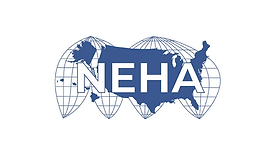Training
Food processors are now focusing on projects and priorities put on hold during the pandemic, including maintaining or adding to food safety certifications
Read More
BIZTRACKS
Intertek Alchemy Releases Findings from 7th Global Food Safety Training Survey
August 5, 2022
Using Lean Tools to Transform Your Food Safety Culture
Transforming food safety culture starts with the lean principles of respect for people and full engagement
February 16, 2022
Never miss the latest news and trends driving the food safety industry
eNewsletter | Website | eMagazine
JOIN TODAY!Copyright ©2024. All Rights Reserved BNP Media.
Design, CMS, Hosting & Web Development :: ePublishing








